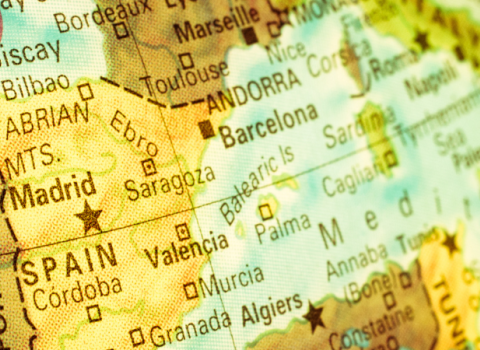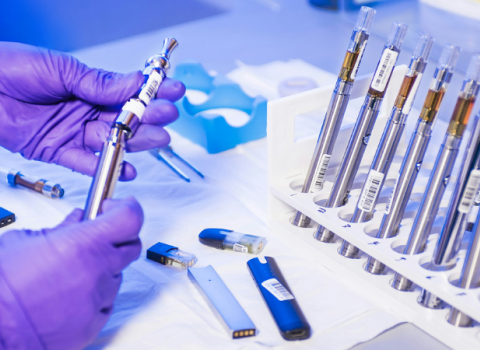
Bt maize growing in Spain. Image courtesy EuropaBio
EuropaBio Executive Director, Nathalie Moll, said the figures show farmers are clearly interested in the products of biotechnology. “We are delighted to see that the uptake of biotech crops continues to grow substantially every year in many EU countries even though no new crops have been approved for cultivation since 1998.”
The total area cultivated with biotech crops in the EU in 2008 is 107,719 hectares in seven countries, a 21 per cent increase over 2007.Planting was more than ten times widespread in Poland and Romania, doubled in Slovakia and increased 68 per cent in the Czech Republic. In Spain, where most of the EU’s biotech crops are planted, the acreage continues to increase, with 5 per cent growth in 2008, after 11 years of experience with the technology.
Moll said, “We hope that the EU’s Institutions, including the agriculture ministers are taking note and will start approving products again in response to their farmers’ needs and the advice of their own safety authority.”
There are around 50 products awaiting approval in the EU, of which 19 are for cultivation. “We strongly urge Europe’s policy makers to end the 10 year moratorium on cultivation approvals and give European farmers equal rights to their global competitors to choose the products which they believe are best to protect their crops and increase their competitiveness,” said Jerome Peribere, the CEO of Dow AgroSciences, as he presented the figures in Brussels earlier this week.
In total, 209 biotech crops are under cultivation or development in 46 countries around the world. Many of these crops can be imported into Europe and used as food or feed.





 A unique international forum for public research organisations and companies to connect their external engagement with strategic interests around their R&D system.
A unique international forum for public research organisations and companies to connect their external engagement with strategic interests around their R&D system.